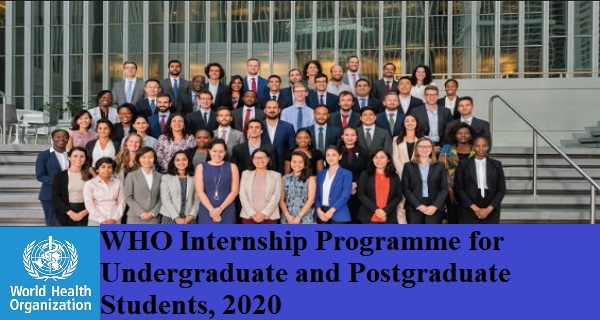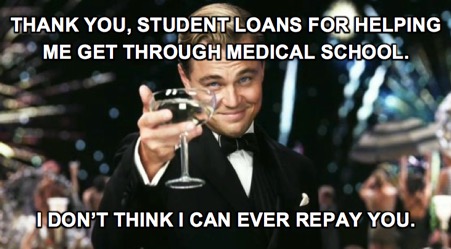If you stumbled upon this blog, you're probably searching for information about the matching process for International Medical Graduates (IMGs), and here's my story.
I started studying at a medical school in Kuala Lumpur, Malaysia when I was 19. I have always been a planner and disliked uncertainties. As soon as I enrolled in medical school, I began thinking about the pathways to become a specialist after graduation. Due to personal reasons and the possibility of taking the USMLE during medical school, I set my mind on pursuing this route. If I didn't match, I would explore other post-graduate pathways, such as MRCP.
When did I become determined to take the USMLE pathway? It was during my second year. And with that decision came a wave of uncertainties. The most important lesson I learned from this journey from IMG to the USA is how to remain calm amidst unknowns. I relied heavily on faith and stoicism, but that's a topic for another day.
#1 USMLE score is crucial.
Take a moment to let that sink in. Unlike MRCP, where it's a pass/fail exam (although it recently changed), every percentage matters in the USMLE. Even with a score that falls within +2 standard deviations, it doesn't grant you the title of "Internal Medicine" MD like MRCP does. It's a bet that requires significant financial and personal commitment.
#2 Build the right CV
Applying for universities can feel like high school all over again. The right CV should include:
- Publications
- Impactful volunteer work
- Relevant work experiences
- US Clinical Experience (USCE)
Regarding volunteer activities, I didn't get asked about them much during my interviews. I had participated in campaigns, volunteered at clinics, and engaged in medical student association activities. However, these experiences weren't significant enough to make my CV stand out. Think about other aspects that showcase the impact or novelty of your activities. It's not about the number of hours you list on your ERAS profile, but rather the value of your contributions.
Next, let's talk about publications. I can't speak for other countries, but in Malaysia, publishing a paper during medical school is extremely challenging. I made efforts, but it wasn't enough for me to proudly say, "I did it." If you're currently in medical school, always be on the lookout for opportunities. There must be something out there, so don't lose hope.
In my case, I dedicated a gap year to research on the genotype-phenotype of hypertension at Brigham Endocrinology. While I was in Boston, I met another IMG who was a fellow, and he emphasized the importance of publications. Even if you spend an entire year abroad, if you don't have a publication as a first author, how do you differentiate yourself from a casual tourist?
I worked tirelessly that year and continued to do so until I graduated from medical school. During my residency interviews, many questions were directed at the research work I had done. I suspect that because it delved deep into internal medicine, the interviewer, who was also an internal medicine specialist, became interested and engaged in the conversation. My point is, find a research topic you're passionate about and become an expert on the paper you published.
On Publications:
Allocate sufficient time: At least 6 months (you won't get a paper out in 3 months; if you're investing your time, invest wisely and invest more).
Maintain strong connections: The best way to do this is by staying involved in the work. If you're still part of the team, even remotely, your supervisor won't forget you.
#3 USCE (US Clinical Experience)
This is the burning coal. It's a pain in the neck, but it's incredibly important. USCE serves as the source for your letters of recommendation. In recent years, many US universities and hospitals charge fees for USCE and require affiliation with your medical school. If you have access to VSAS, great, as it will be easier for you to secure USCE. If you don't have access, make every effort to search on Google, and FREIDA provides the email addresses of program coordinators whom you can reach out to and inquire about the possibility of being accepted as a visiting medical student.
Personally, I found a community hospital in Michigan through Google and completed a rotation there two years ago. Unfortunately, they now only accept students from affiliated medical schools. So, you'll need to explore other options. In 2019, I obtained a place in Cardiology at NIH, and they didn't charge any fees (thankfully). You might want to search for NIH and submit an application.
During my interviews, almost everyone I met had USCE. Many hospital websites may state that USCE is not a requirement, but if everyone has it, what's the point of saying it's not required? I know many people believe it's all about connections, but if you don't have them, keep searching online. Now you can see the uncertainties. Even after acing the USMLE, investing countless hours into research papers, and worrying about possible rejection from journal reviewers, you still have this vital chess piece called USCE.
I understand that it's hard to relax and trust that everything will turn out fine. You're still estimating your chances of matching and counting the odds each day. If you go through this entire process, you will undoubtedly experience personal growth and maturity. These qualities will become a part of your identity, and regardless of the match outcome, they can never be taken away from you.
My match journey began in 2016 and finally concluded in 2020. Looking back, I'm grateful that I discovered myself along the way. It's a daily blessing to know who you are, what you want, and who you can become. If you truly understand yourself, hold onto it tightly, like the last bit of ash on a cigarette butt. And if you emerge on the other side as a PGY1 resident, you'll be the happiest and brightest-smiling resident because you won't waste a single breath being miserable after everything you've been through to reach that point.







